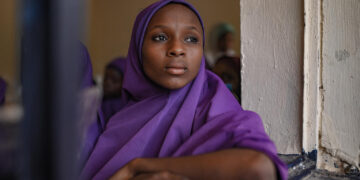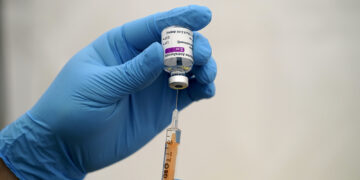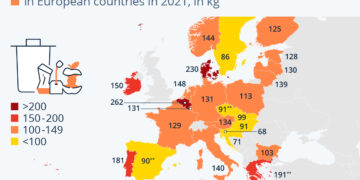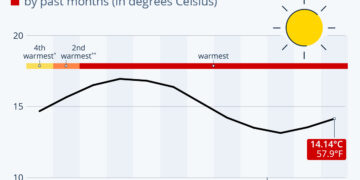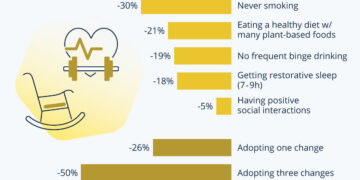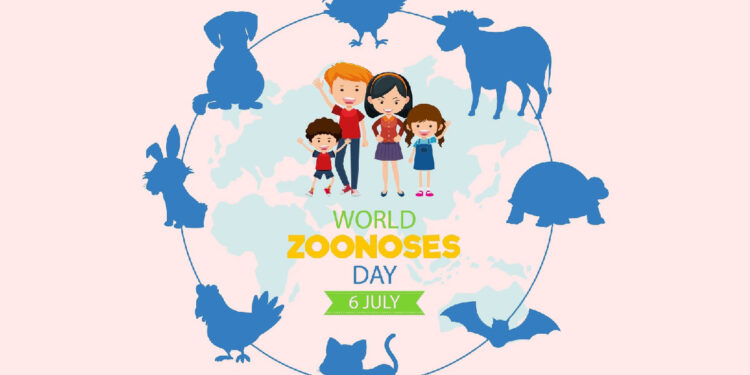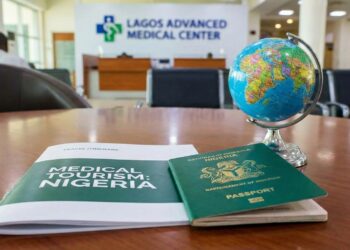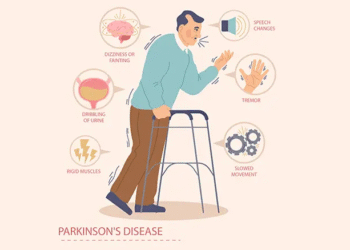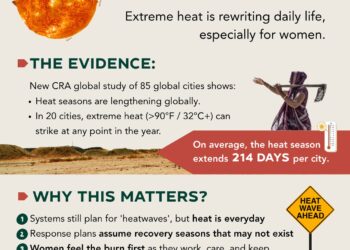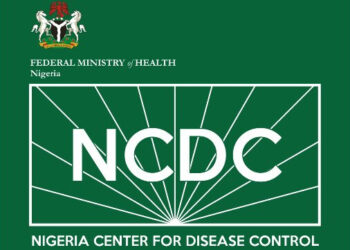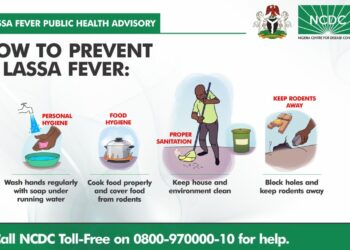On July 6th, we celebrate World Zoonoses Day, a day that marks a pivotal moment in medical history. This annual observance commemorates the groundbreaking work of Louis Pasteur, who in 1885 successfully administered the first vaccine against rabies – a deadly disease that can spread from animals to humans. But what exactly are zoonoses? These are infectious diseases that can jump from animals to humans, and they represent a significant global health challenge.
In countries like Nigeria, where human-animal interactions are frequent and diverse, the risk of zoonotic diseases is particularly high. Take Lassa fever, for instance. This potentially fatal illness, spread by rodents, has been a recurring nightmare in Nigeria. Rural communities, where humans and rodents often share living spaces, are especially vulnerable. The multimammate rat, a common household pest, can contaminate food and household items, turning everyday objects into disease vectors.
Another stark reminder of the zoonotic threat came in 2021 when bird flu swept through Nigerian poultry farms. This outbreak not only devastated the poultry industry but also posed serious health risks to farm workers and consumers.
The impact of these zoonotic outbreaks extends far beyond health concerns. They strain healthcare systems, cause significant economic losses in the livestock sector, and disrupt community life. The fear and uncertainty they generate can have lasting social consequences.
So, how can we protect ourselves? Here are some key strategies:
1. Prioritize hygiene: Regular handwashing, especially after contact with animals or animal products, is crucial.
2. Safe food handling: Proper storage and thorough cooking of animal products can prevent many zoonotic infections.
3. Pest control: Reducing rodent populations around homes and food storage areas is essential, particularly in rural settings.
4. Biosecurity measures: For those working with livestock, wearing protective clothing and implementing strict hygiene protocols is vital.
Public education plays a critical role in combating zoonotic diseases. Government agencies and health organizations must work together to raise awareness about these risks and promote prevention strategies. Additionally, robust veterinary services are essential for monitoring and maintaining animal health, which directly impacts human wellbeing.
By adopting a holistic approach we can build a healthier, safer future for everyone. It’s a call for us to reconsider our relationship with the animal world and our environment.
Here are the hashtags from the Twitter thread, separated by commas:
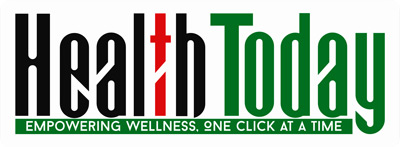

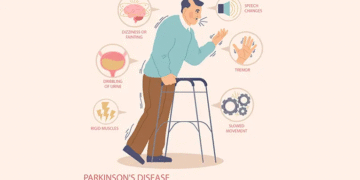

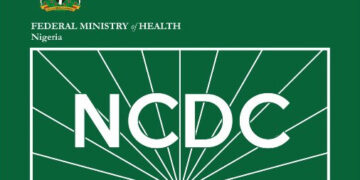
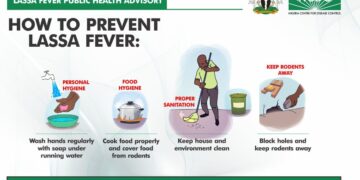

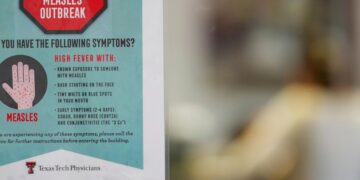

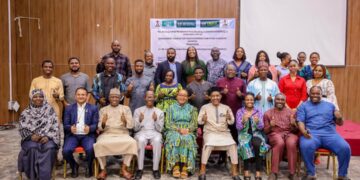
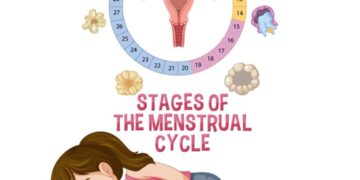

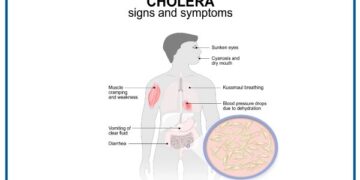
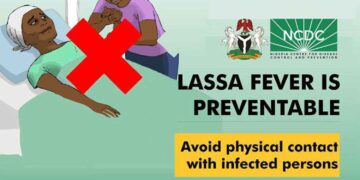
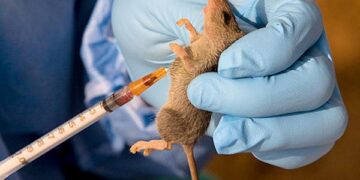
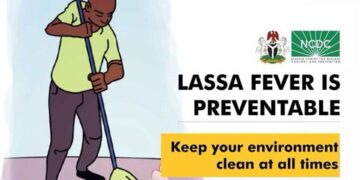
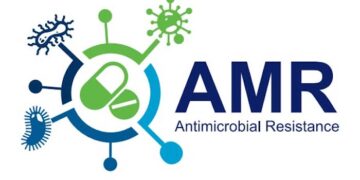
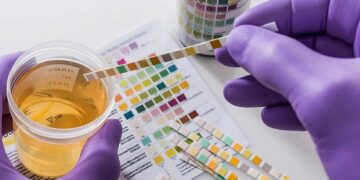
![Antimicrobial Resistance [AMR] in Hausa](https://healthtoday.com.ng/wp-content/uploads/2024/02/antimicrobial-resistance-AMR--360x180.jpeg)


